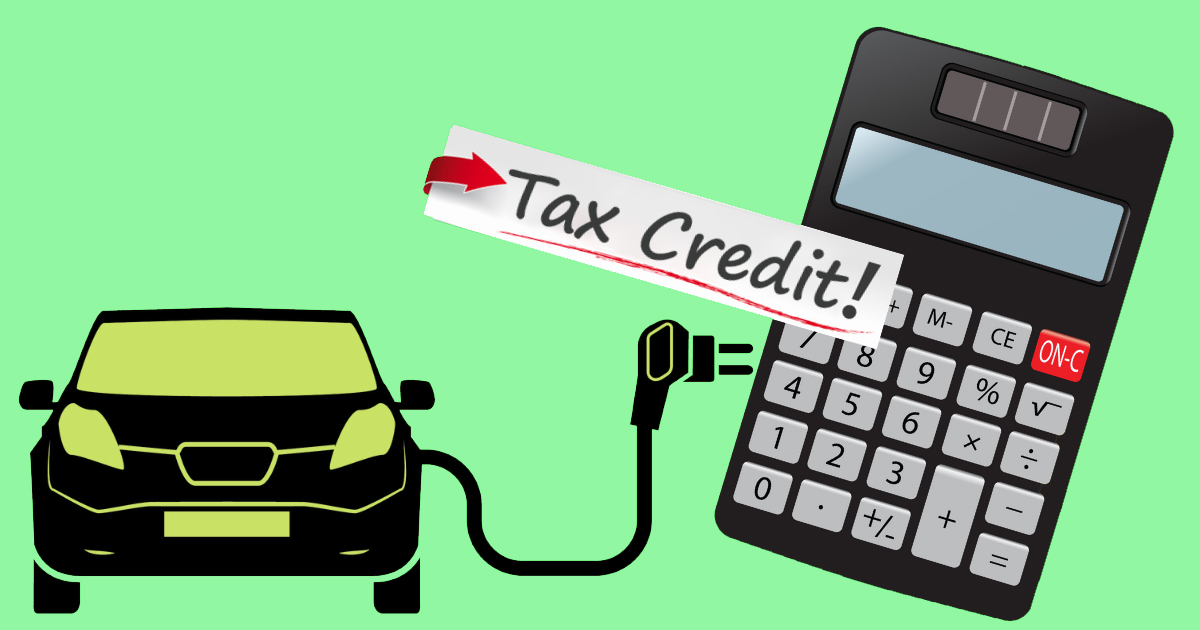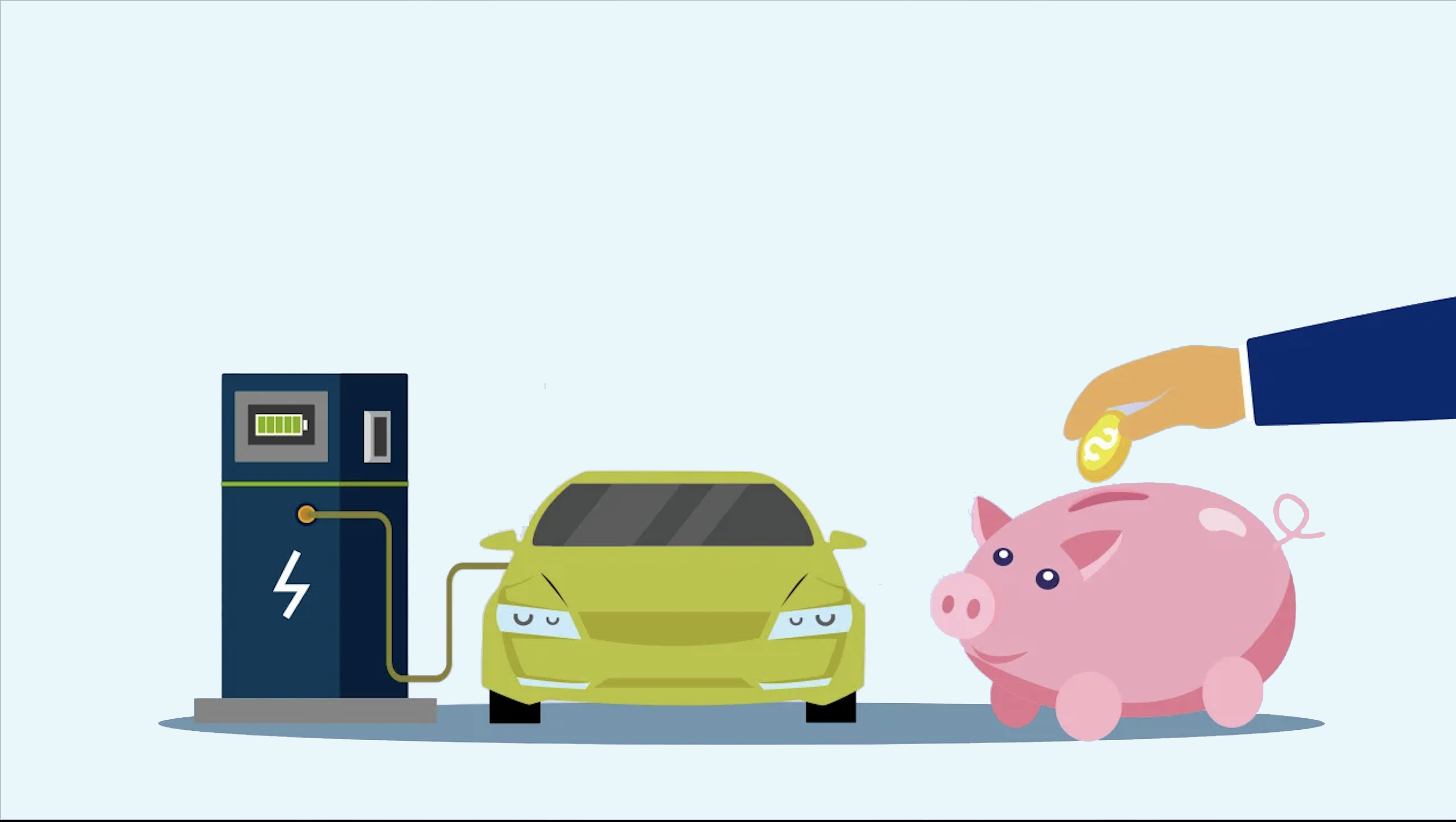If you're wondering whether EV chargers are tax deductible or not, you're not alone.
More and more people buy this type of charger in different countries of the world. And given the current commitment to the environment that we are experiencing, many of the governments of these nations are willing to offer good fiscal conditions.
For this reason, we have thought of giving you some tips to save with your electric car charger. You probably have tax exceptions, so here are some ideas you'll want to consider.
For that, one question comes to mind: how do electric vehicle charging stations work? Let’s answer that in this post.
This article features the following 4 models:
1. Are EV chargers tax deductible?
2. Can I take advantage of tax reductions if I have a company?
3. EV chargers are tax deductible… now
4. How can I take advantage of those tax deductions?
1. Are EV chargers tax deductible?
We are moving towards a scenario of complete decarbonization in the US and Europe in 2050. The European Commission intends that by 2035 combustion vehicles (gasoline and diesel) can no longer be sold.
By that date, according to EU forecasts, 90% of cars will be electric and 10% hydrogen. For that, EV chargers are tax-deductible, at least partially, and up to 75% in some countries.
To begin with, electric and hybrid vehicles do not pay registration tax in most European countries. This fee is calculated in proportion to the vehicle's CO₂ emissions. With the latest scale, approved in July and in force until December 31, 2022, vehicles that emit less than 120 gr/km of CO₂ are exempt from the tax.
The idea that governments have is to promote to the maximum that citizens and companies invest in these infrastructures. Because of this, the plan involves minimizing the fees paid for electric vehicle chargers, especially at the beginning. Specifically, they offer:
- - Subsidies for the installation of the charging point.
- - Reductions in national rates on purchase taxes (VAT).
- - Possibility of deducting the technological investment of companies
Logically, this is something that must be analyzed country by country. But, if you are wondering if EV chargers are tax deductible, the most important thing is that you understand that they are. And from there, check your local regulations to find out how you can benefit.
2. Can I take advantage of tax reductions if I have a company?
Yes. The aid started with the citizens when governments understand that the only way to normalize the use of electric vehicles is by facilitating the creation of a network of charging points.
Not surprisingly, even the most industrialized countries are making very slow progress in the number of active charging points. For daily and easy use, it is essential that each nation has a large number of chargers distributed throughout the geography.
However, States have not forgotten about business initiatives. In this sense, important aid is also offered for entrepreneurs of ecological initiatives, which improve the economy, this service to citizens, and incidentally, establish a network of charging points.
Due to this, if you have a business idea, you can benefit from significant aid if you install charging stations. This has led many supermarkets and large companies to install points in their establishments, taking advantage of the fact that now the amount of aid is high. So it is worth consulting the local authority to raise your project.
3. EV chargers are tax deductible… now
This idea is also fundamental. The aid is very strong now, and it reaches both charging station projects, chargers for domestic use, the vehicles themselves, etc. That is to say: at this moment, from ACEcharger we want to convey to you the idea that the opportunity is currently enormous.
Naturally, as more and more users join sustainable mobility, we will see that these subsidies and exemptions for chargers will be reduced. It will not be overnight, but we will see that the amount that nations allocate to subsidize sustainable mobility will be more adjusted.
For this reason, in our project, we are betting very strongly on taking chargers for domestic and professional use to all corners of the world. At ACEcharger we believe that right now you have many possibilities to take advantage of the tailwind and purchase chargers at very low prices. By benefiting from tax exemptions at the local level, you can present your project with advantages that, in 2030, will certainly not exist.
4. How can I take advantage of those tax deductions?
Since ACEcharger has customers all over the world, it is difficult to specify all the exemptions by country, since it is a very changing legal framework. However, we can provide you with the keys to benefit from the aid that may exist.
In general, you should consider:
- All electric vehicles enjoy lower taxes than combustion cars in the EU and US.
- In addition, the countries that have signed the 2030 Agenda have specific funds to subsidize the purchase and installation of electric car chargers.
- Apart from the foregoing, the laws of some countries also offer annual tax exemptions to companies that apply electric mobility.
Outside of this, it is important that you consider that there are also great funds available on a larger scale. An example of this would be the aid from the European Union to ecological entrepreneurship, funds from the United States Government, etc.
As always, our advice is to check with your local authority. But you should know that EV chargers are tax deductible and, if you don't ask, you could be giving up important benefits.
ACEcharger, your best ally to access subsidies
If you have a business project or you want us to help you study the subsidies available to you, contact the ACEcharger team. We will analyze your case and make you a tailor-made proposal. In any case, since most EV chargers are tax deductible these days, you should always check your local regulations to verify if there is a tax break for you!
Keep in mind that all our electric car chargers and charging stations comply with the strictest requirements and regulations. Due to this, we have the certifications and guarantees that manufacturers and governments demand to access the most important subsidies. That is the commitment we have to the environment and, of course, to our customers.




